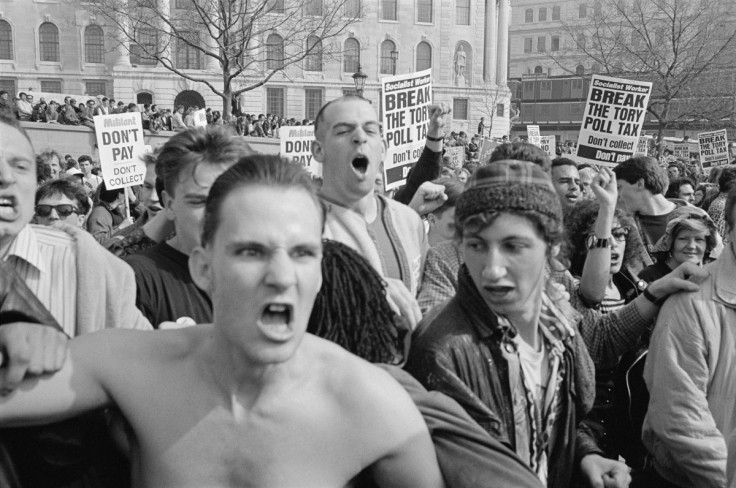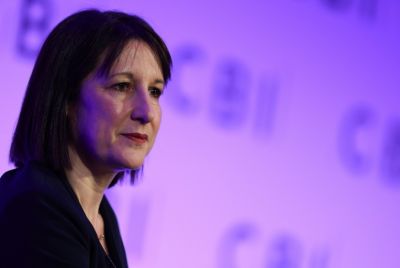UK Public Unaware of Inequality in Tax System

Almost 70% of the general public erroneously believe the richest 10% of UK households pay more income tax than the poorest 10%.
A new report by the Equality Trust think tank and Ipsos Mori says this shows "the public believe the UK's tax system is more progressive than it is" and that "the current tax system is not fit for purpose".
The report found that the bottom 10% pays 43% of its income in tax, with the top 10% paying 35%. Furthermore, the bottom 10% pay a much larger proportion of their income on indirect taxes such as VAT and on council tax.
Households in the bottom 10% pay over twice as much of their income in council tax as the average household and more than four times as much of their income as the top 10%.
However, despite being unaware of the discrepancy in taxation, 82% of respondents believe that the top 10% of households should pay a greater amount of tax, with 96% saying that the system should be more progressive.
"There are probably a number of reasons why the public is so unaware of how much people are taxed, but the most obvious is the way public and political debate on tax is conducted," Duncan Exley, director of the Equality Trust tells IBTimes UK.
"We often hear bold claims made about how 'the richest 1% pay 30% of all taxes' or how politicians plan to 'lift the low-paid out of tax'. In reality they are usually referring to income tax alone, a tax that accounts for barely over a quarter of all tax. This is, clearly, extremely misleading."
Exley also bemoaned the UK media coverage often devoted to this debate, with some outlets keen to push the "government handouts" angle, at the expense of the issue of taxed income.
The Equality Trust has called on political parties to "commit to the principle that any changes in tax policy are progressive" in the run up to the 2015 General Election.
The issues of tax and equality are riding high on the public agenda and are likely to form an important part of the debate in the run up to next year's poll.
Exley says it "presents an electoral risk to mainstream politicians and an opportunity for their populist rivals".
He cites the fuel tax protests in 2000 and the poll tax protests that "are widely seen as a major contribution to the downfall of Margaret Thatcher" as historical examples of the political dangers of tax inequality.
The trust also calls for council tax to be redrawn, for the government to reduce VAT in times of budget surplus and for the upper limit of National Insurance to be raised.
"Looking at solutions to redress the regressive nature of our tax system is also an important way to highlight just how regressive it is. Council tax, national insurance and VAT are all extremely regressive and are in need of urgent overhaul," Exley says.
© Copyright IBTimes 2024. All rights reserved.























